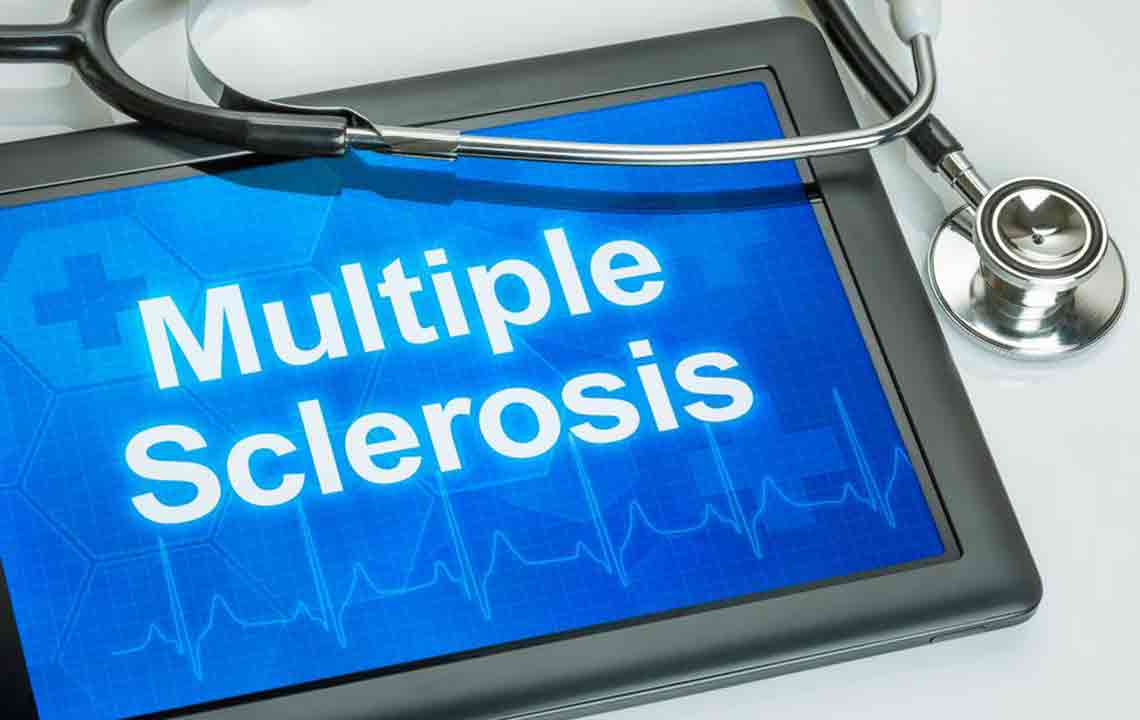Understanding and Managing Hand Numbness: Causes and Treatments
This article explores the causes, symptoms, and treatment options for hand numbness, a common neurological issue affecting millions. It highlights key conditions like carpal tunnel syndrome, aging-related factors, and chronic diseases, along with top treatment centers across the US. Early diagnosis and management are essential, with various therapies and surgeries available. The article also discusses cost considerations and ongoing research efforts aiming to improve understanding and care for nerve-related hand issues, helping patients regain hand functionality and quality of life.

Understanding and Managing Hand Numbness: Causes and Treatments
Understanding Hand Numbness
The human nervous system forms a complex network of nerves and neurons throughout the body, with the hands playing a vital role via touch receptors connected directly to the brain through nerves. The brain operates continuously, and any nerve malfunctions can cause issues like hand numbness, sometimes leading to a non-responsive hand. According to the National Institute of Health, conditions like carpal tunnel syndrome and finger tingling are common causes of such symptoms.
Additional syndromes, including tennis elbow, thyroid issues, alcohol use, cyst formation, Lyme disease, multiple sclerosis, and others, can also impair nerve function in the hand. The American Society of Surgery of the Hand lists numerous potential causes like cold hand disease, vascular problems, nerve injuries, muscle thickening, spinal issues, and arthritis affecting the neck, all contributing to numbness. Aging-related cervical spondylosis and fibromyalgia are also linked to these symptoms, which can impact daily functioning and productivity.
The CDC highlights hand numbness as a symptom of conditions such as fibromyalgia, which causes widespread pain. The Multiple Sclerosis Association confirms it as a common symptom among MS patients. These issues often lead to work absences, but effective treatments are available across the US, including neuropathy management and patient-centered care. Treatment options involve multiple consultations, diagnosis, and therapeutic interventions at specialized centers such as:
• New York Hand & Wrist Center: Advanced facilities for comprehensive hand, wrist, and elbow treatment
• Weill Cornell Medicine: Expert care for nerve and muscle disorders
• PRIVIA Medical Group: Renowned for peripheral neuropathy treatments
• Fort Collins, CO: Cutting-edge nerve therapies with laser technology
• MedStar Union Memorial Hospital: Home to top hand surgeons
• Hand Center Ortho Carolina: Leading orthopedic specialists
• NYU Langone Health: Care for all age groups
• University of Maryland Medical Center: Specializes in carpal tunnel management
• Center for Nerve Injury & Paralysis
• Johns Hopkins Medicine: Leading nerve disorder specialists
• Cleveland Clinic
• Center for Brachial Plexus & Traumatic Nerve Injury: Multidisciplinary teams with advanced diagnostics
• Philadelphia Hand to Shoulder Center: Skilled orthopedists and hand therapists
• Arthritis Foundation: Resources on nerve conditions and hand numbness
Complete permanent cure for hand numbness isn't guaranteed, but recovery can occur within 6 months to 7 years. Treatment costs can be substantial, with doctor visits costing around $300 and total expenses, including therapy, possibly reaching thousands of dollars. Insurance coverage, including Medicare, is important to offset expenses. Approximately three million Americans suffer from hand numbness annually, emphasizing the importance of prompt diagnosis and treatment.
Efforts by the National Institute of Neurological Disorders and Stroke aim to deepen understanding of the nervous system to improve treatments. While some cases are corrected via surgery, many can benefit from home remedies. The American College of Rheumatology notes that women are three times more likely than men to experience this condition, mainly affecting younger individuals. Proper management and preventive routines can help restore hand functionality effectively.










